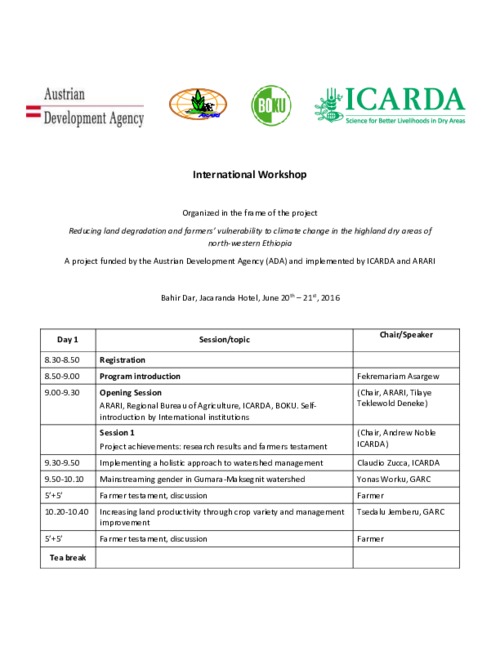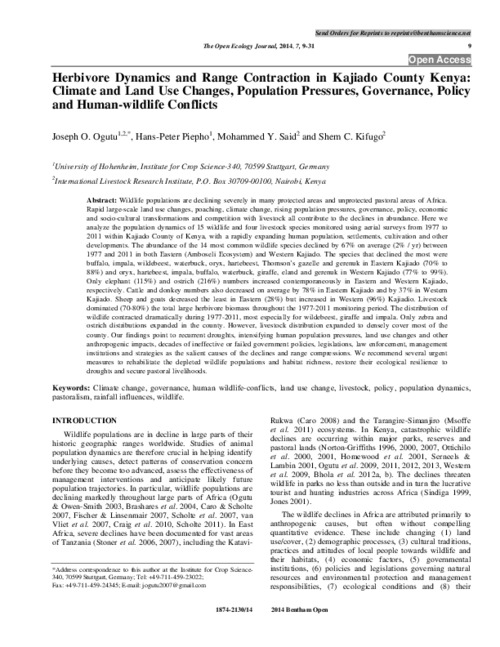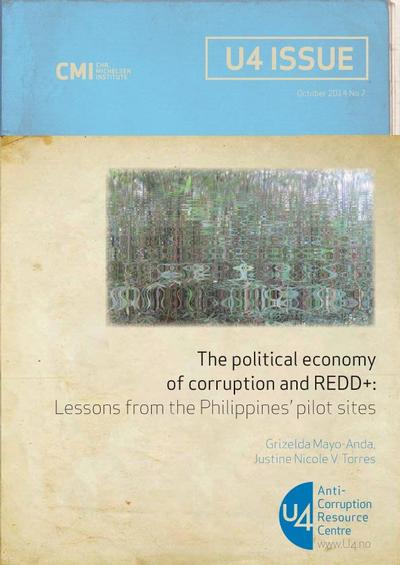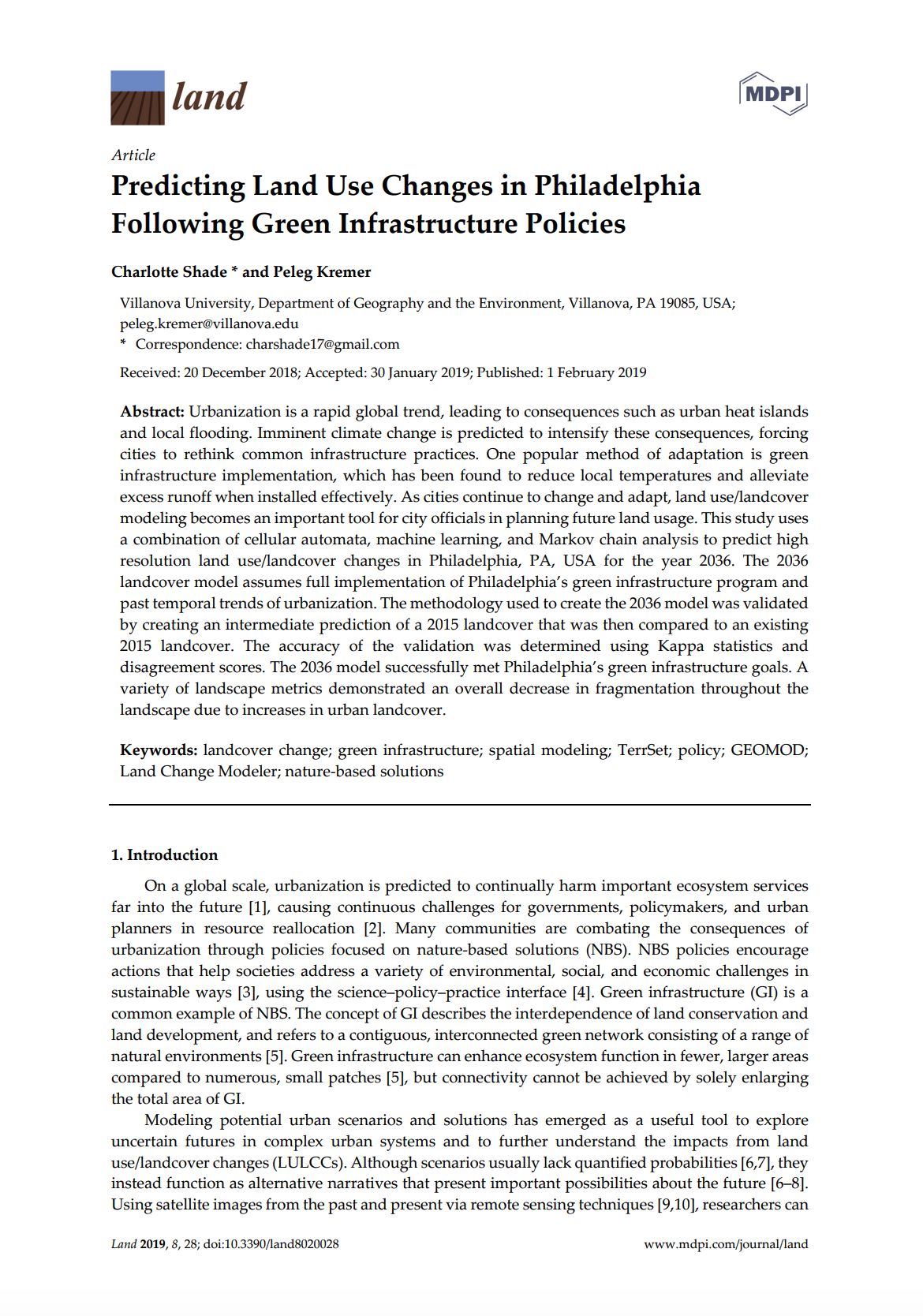Ecosystem-based adaptation in cities: An analysis of European urban climate adaptation plans
Ecosystem-based adaptation (EbA) measures have been increasingly promoted in the literature, as well as in policies and practices, for their environmental and socio-economic co-benefits. The recent scientific literature has shown a growing interest to assess climate adaptation plans at the urban level, in recognition of the important role played by urban areas in addressing climate change challenges. However, little information is available on the combination of these two issues, i.e., the actual inclusion of EbA measures in climate adaptation plans at the urban level.





